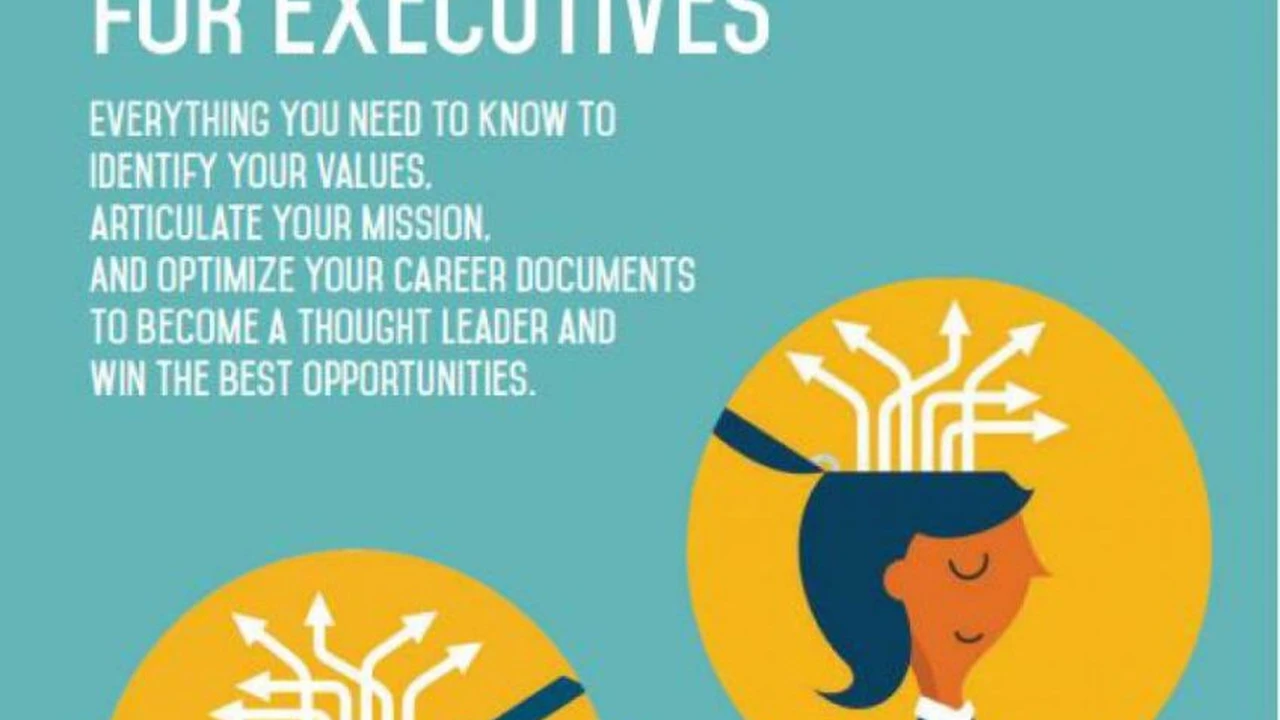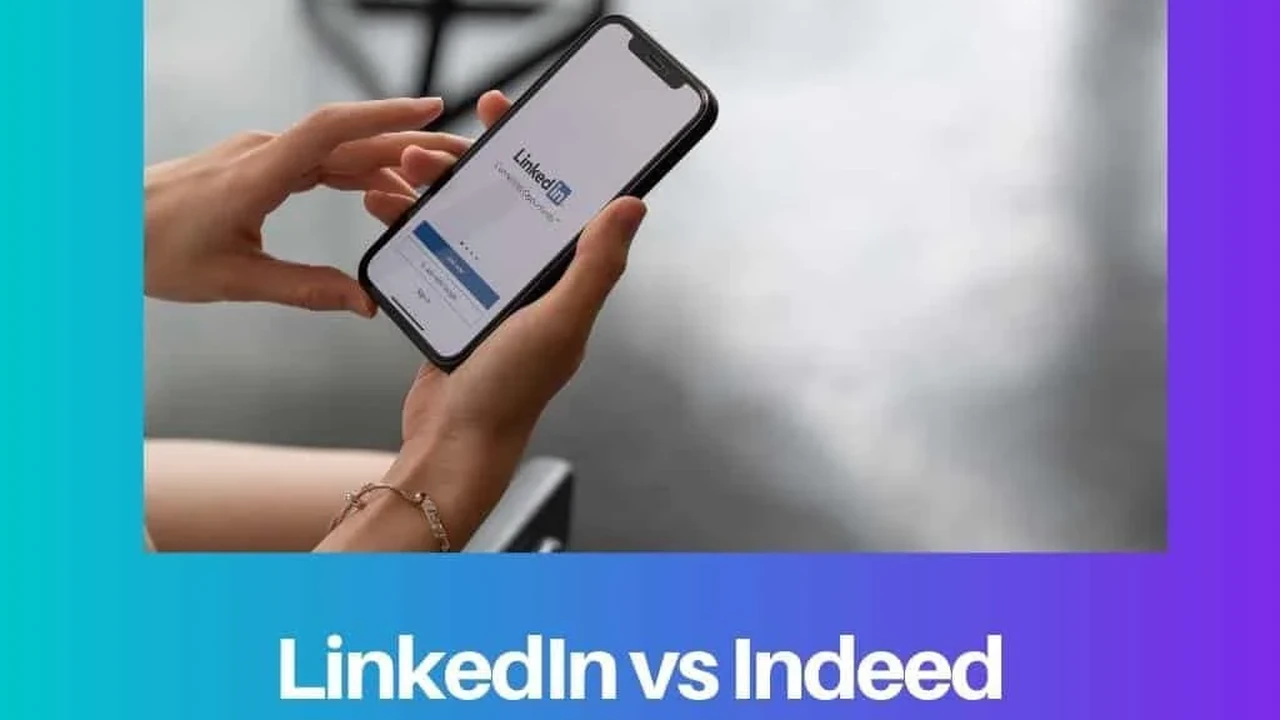The Ultimate Guide to Personal Branding for Professionals
Build a strong personal brand that opens doors to new career opportunities and recognition.

The Ultimate Guide to Personal Branding for Professionals
Hey there, future career accelerator! Ever wonder why some people just seem to effortlessly climb the career ladder, while others, equally talented, struggle to get noticed? A huge part of that secret sauce is personal branding. It's not just for celebrities or influencers anymore; it's absolutely essential for every professional looking to make their mark, whether you're aiming for a promotion, a new job, or even starting your own venture. Think of your personal brand as your professional reputation, but intentionally crafted and consistently communicated. It's what people say about you when you're not in the room, and it's your unique promise of value.
In today's hyper-connected world, your personal brand is often the first impression you make, long before you even shake someone's hand. It lives online, in your network, and in every interaction you have. A strong personal brand can differentiate you from the competition, establish you as an expert in your field, and ultimately open up incredible opportunities you might never have imagined. So, let's dive deep into how you can build, refine, and leverage your personal brand to accelerate your career.
Understanding Your Personal Brand Core Values and Strengths
Before you can build anything strong, you need a solid foundation. Your personal brand isn't about creating a fake persona; it's about authentically showcasing who you are, what you stand for, and what unique value you bring to the table. This starts with some serious self-reflection. What are your core values? What truly drives you? Are you passionate about innovation, collaboration, integrity, or perhaps problem-solving? Understanding these values will help you align your actions and communications with your authentic self.
Next, identify your unique strengths. What are you exceptionally good at? What skills do you possess that others often commend you for? Think beyond just technical skills. Consider your soft skills too – leadership, communication, empathy, critical thinking, adaptability. Ask for feedback from colleagues, mentors, and even friends. Sometimes, others see our strengths more clearly than we do ourselves. Once you've pinpointed your core values and strengths, you'll have a clearer picture of the unique professional identity you want to project.
Defining Your Target Audience and Career Goals
Just like any good marketing strategy, personal branding requires knowing who you're trying to reach. Who is your ideal audience? Are you trying to attract recruiters in a specific industry, potential clients for your freelance business, or perhaps senior leadership within your current company for a promotion? Understanding your target audience will help you tailor your message, choose the right platforms, and speak their language.
Equally important are your career goals. What do you want to achieve in the next 1, 3, or 5 years? Do you want to become a thought leader in AI, transition into project management, or launch a successful startup? Your personal brand should be a vehicle that helps you achieve these goals. When your brand is aligned with your aspirations, every effort you put into building it becomes a step closer to your desired future.
Crafting Your Personal Brand Message and Storytelling
Once you know who you are and who you want to reach, it's time to craft your message. This is your elevator pitch, your unique selling proposition. What is the one thing you want people to remember about you? What problem do you solve? What unique perspective do you offer? Your message should be clear, concise, and compelling. It should encapsulate your strengths, values, and the value you provide.
Beyond a simple message, storytelling is incredibly powerful. People connect with stories, not just facts. How did you overcome a challenge? What was a pivotal moment in your career? How did you help a team achieve a significant goal? Weave these stories into your professional narrative. They make you relatable, memorable, and demonstrate your capabilities in a much more engaging way than a bulleted list of achievements. Think about how you can tell your professional story in a way that resonates with your target audience.
Building Your Online Presence Professional Platforms
In today's digital age, your online presence is your digital storefront. It's where most people will first encounter your personal brand. This isn't just about having a profile; it's about strategically curating your presence across various platforms. Here are some key areas to focus on:
LinkedIn Your Professional Hub
LinkedIn is arguably the most crucial platform for professional personal branding. It's not just an online resume; it's a dynamic networking tool and a content distribution channel. Make sure your profile is 100% complete and optimized. Use a professional headshot, a compelling headline that goes beyond your job title, and a summary that tells your story and highlights your value proposition. Populate your experience section with achievements, not just responsibilities. Seek recommendations and endorsements from colleagues and clients. Actively engage by sharing relevant articles, commenting on posts, and even publishing your own insights. The more active and valuable you are on LinkedIn, the more visible and credible your brand becomes.
Personal Website or Blog Your Digital Home
For many professionals, especially those in creative fields, consulting, or thought leadership, a personal website or blog is an invaluable asset. It gives you complete control over your narrative and serves as a central hub for all your professional content. You can showcase your portfolio, publish articles, share case studies, and even offer services. It's your digital business card, portfolio, and thought leadership platform all rolled into one. Platforms like WordPress (free, but requires hosting and setup, highly customizable), Squarespace (starts around $16/month, user-friendly, great for visual portfolios), and Wix (free basic plan, paid plans from $16/month, drag-and-drop builder) are excellent choices for building a professional website. WordPress offers the most flexibility and SEO control, while Squarespace and Wix are fantastic for those who want a beautiful site with minimal technical hassle. Consider your technical comfort level and budget when choosing.
Social Media Strategy Twitter and Beyond
While LinkedIn is your professional hub, other social media platforms can also play a role, depending on your industry and target audience. Twitter, for example, is excellent for thought leadership, engaging in industry conversations, and connecting with influencers. If you're in a visual industry, Instagram or Pinterest might be more relevant. For video content, YouTube is king. The key is to be intentional. Don't just post randomly; align your content with your personal brand message. Share insights, engage in meaningful discussions, and avoid anything that could detract from your professional image. Remember, consistency is key across all platforms.
Content Creation and Thought Leadership Sharing Your Expertise
Building a strong personal brand isn't just about having a polished profile; it's about demonstrating your expertise and providing value to your audience. This is where content creation comes in. By consistently sharing valuable insights, you position yourself as a thought leader in your field.
Blogging and Article Writing Demonstrating Knowledge
Writing articles or blog posts on topics relevant to your industry is a powerful way to showcase your knowledge and perspective. You can share your unique insights, analyze industry trends, offer practical advice, or even share your experiences. Platforms like LinkedIn Articles, Medium, or your personal blog are great places to publish. Aim for quality over quantity, and focus on providing genuine value to your readers. Tools like Grammarly (free basic, premium from $12/month) can help refine your writing, while Hemingway Editor (free online, desktop app $19.99) can improve readability. For content ideas, consider using tools like AnswerThePublic (free basic, paid from $99/month) to see what questions people are asking in your niche.
Video Content and Webinars Engaging Audiences
Video is an incredibly engaging medium. Creating short explainer videos, tutorials, or even vlogs can help you connect with your audience on a deeper level. You can share your expertise, demonstrate skills, or offer quick tips. Hosting webinars or online workshops is another excellent way to establish yourself as an expert and interact directly with your audience. Platforms like Zoom (free basic, paid from $14.99/month) for webinars, and OBS Studio (free, open-source) for recording and streaming, are widely used. For video editing, DaVinci Resolve (free basic, Studio version $295) offers professional-grade features, while CapCut (free) is great for quick edits on mobile.
Podcasting and Audio Content Reaching Listeners
Podcasting has exploded in popularity, offering another avenue to share your expertise. If you enjoy speaking and have a knack for engaging conversations, starting a podcast or being a guest on relevant podcasts can significantly boost your visibility and credibility. It allows you to delve deeper into topics and connect with listeners during their commutes or workouts. Platforms like Anchor by Spotify (free) make it easy to start a podcast, while tools like Audacity (free, open-source) are excellent for audio editing. A good quality microphone, like the Blue Yeti (around $100) or Rode NT-USB Mini (around $100), is a worthwhile investment for clear audio.
Networking and Relationship Building Expanding Your Reach
Your personal brand isn't just about what you put out there; it's also about the relationships you build. Networking, both online and offline, is crucial for expanding your reach and solidifying your reputation.
Attending Industry Events and Conferences In Person Connections
Make an effort to attend industry conferences, workshops, and local meetups. These events provide invaluable opportunities to meet people face-to-face, exchange ideas, and build genuine connections. Be prepared with your elevator pitch, and focus on listening and learning as much as you do on sharing. Follow up with new contacts on LinkedIn after the event.
Online Networking and Engagement Digital Connections
Beyond LinkedIn, actively participate in online communities, forums, and groups relevant to your industry. Offer helpful advice, answer questions, and engage in thoughtful discussions. Don't just lurk; contribute. This positions you as a valuable member of the community and expands your network organically. Remember to be authentic and provide value without expecting anything in return initially.
Mentorship and Sponsorship Guidance and Advocacy
Seek out mentors who can guide you and offer advice based on their experience. A mentor can provide invaluable insights and help you navigate career challenges. Even more powerful is a sponsor – someone senior who advocates for you, champions your work, and opens doors to opportunities. Nurturing these relationships is a long-term investment in your personal brand and career growth.
Consistency and Authenticity Maintaining Your Brand
Building a strong personal brand isn't a one-time project; it's an ongoing process. Consistency and authenticity are paramount. Your brand should be reflected in everything you do, from your online profiles to your in-person interactions, your work ethic, and your communication style.
Regularly Update Your Profiles Staying Current
Keep your LinkedIn profile, personal website, and other online presences updated with your latest achievements, skills, and experiences. A stale profile can give the impression that you're not actively engaged in your career or industry.
Be Authentic and True to Yourself Genuine Connection
Your personal brand should be an authentic reflection of who you are. Trying to be someone you're not will eventually lead to burnout and can damage your credibility. Embrace your unique personality and let it shine through. People connect with genuine individuals.
Monitor Your Online Reputation Managing Your Image
Regularly search for your name online to see what comes up. Set up Google Alerts for your name to be notified of any new mentions. Address any negative or inaccurate information promptly and professionally. Your online reputation is a critical component of your personal brand.
Building a strong personal brand is a marathon, not a sprint. It requires consistent effort, self-awareness, and a commitment to providing value. But the rewards are immense: increased visibility, enhanced credibility, new opportunities, and a clearer path to achieving your career aspirations. Start today, take small consistent steps, and watch your professional influence grow.
:max_bytes(150000):strip_icc()/277019-baked-pork-chops-with-cream-of-mushroom-soup-DDMFS-beauty-4x3-BG-7505-5762b731cf30447d9cbbbbbf387beafa.jpg)






